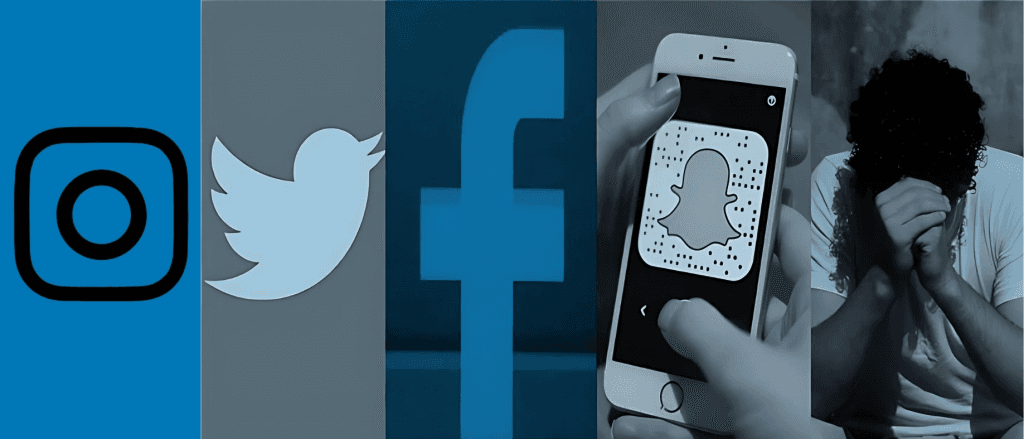Thursday 25 December 2025
The ‘Loneliness’ Epidemic: Is Technology to Blame?
Share

In today’s digital age, technology plays a major part role in our daily lives. Although it provides many benefits, its impact on our social interactions and mental well-being is increasingly under scrutiny. Researchers indicate a strong connection between technology and loneliness, raising concerns about how social media, text messaging, and other digital habits may lead to feelings of isolation.

Studies indicate that people now spend more time alone, have fewer close friendships, and experience more social detachment from their communities than they did 20 years ago. According to U.S. Surgeon General Dr Vivek Murthy, loneliness has become an epidemic, with half of adults reporting feelings of isolation. Scholars and psychologists are investigating the potential impact of technology on this growing concern.
The rise of smartphones and social media apps has drastically changed how we communicate. More personable interactions, such as phone calls, have now been replaced by text messages and social media posts. This change has led to a decrease in face-to-face interactions, which are essential for fostering and sustaining meaningful social relationships.

Social media platforms such as Instagram and TikTok can create a sense of comparison and inadequacy. Users often find themselves comparing their lives to the curated, often idealized, lives of others. This can lead to feelings of loneliness and isolation, along with a diminished sense of authentic self-representation.
Research conducted by Laura Marciano at Harvard University revealed that teenagers who spend a lot of time on social media often feel lonely even during school breaks. Similarly, a study by the University of Pennsylvania discovered that reducing time spent on social media could lessen feelings of loneliness in young adults.
Loneliness has been recognized as a major risk to both physical and mental health. It has been linked to various health issues, such as depression, anxiety, and higher mortality rates. When misused, technology can worsen feelings of loneliness and isolation. Technology has the potential to connect people, but it can also lead to feelings of loneliness and isolation if not used mindfully. Balancing online interactions with in-person connections is essential for maintaining healthy social relationships and mental health.
To mitigate loneliness, experts suggest several strategies:
While technology has revolutionized how we connect and communicate, it is crucial to be mindful of its potential impact on our social lives. By balancing online and offline interactions and fostering genuine connections, we can mitigate the effects of loneliness in the digital age. As we navigate the complexities of the digital world, understanding the link between technology and loneliness can help us build a more connected and supportive society.






Newsletter
Stay up to date with all the latest News that affects you in politics, finance and more.